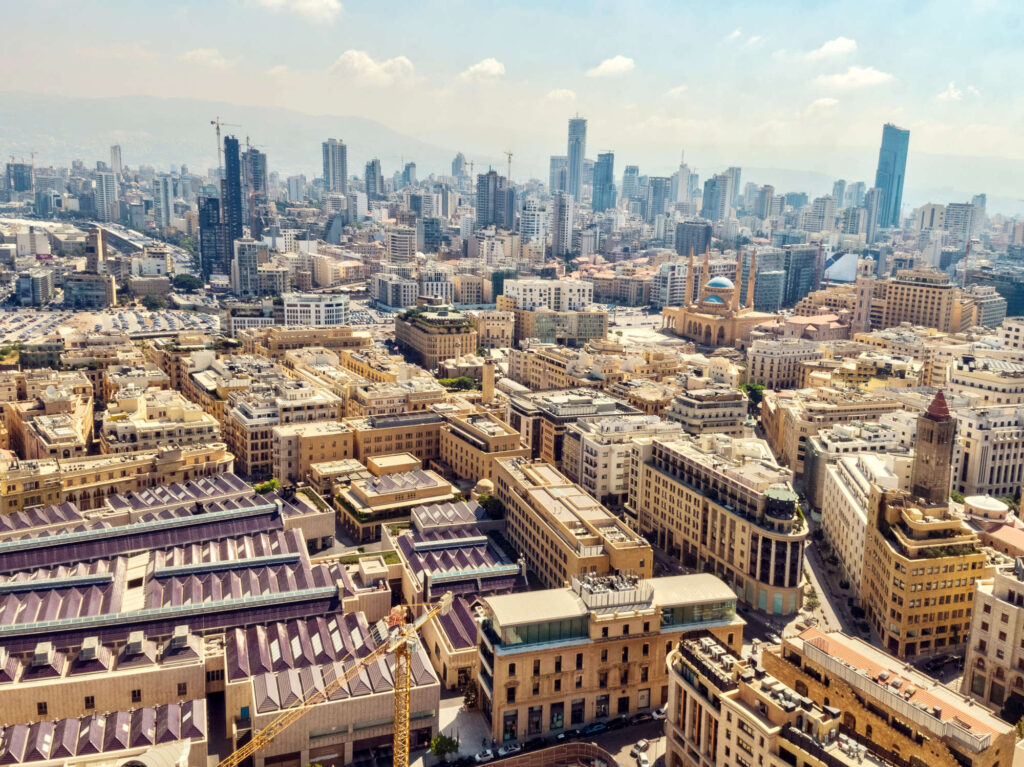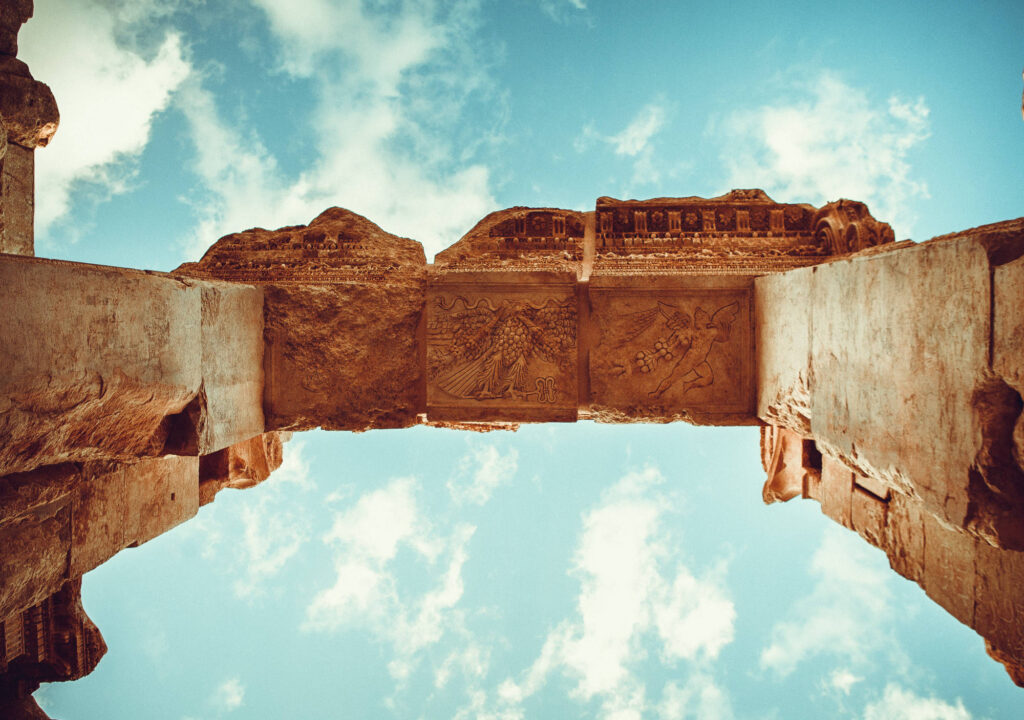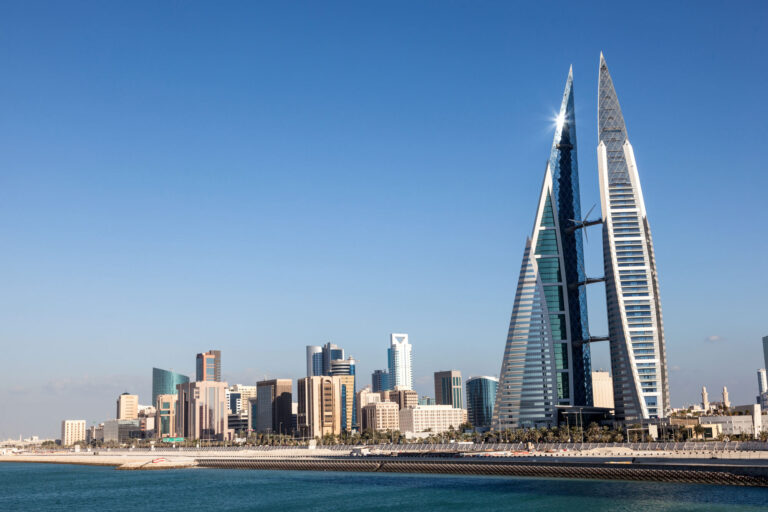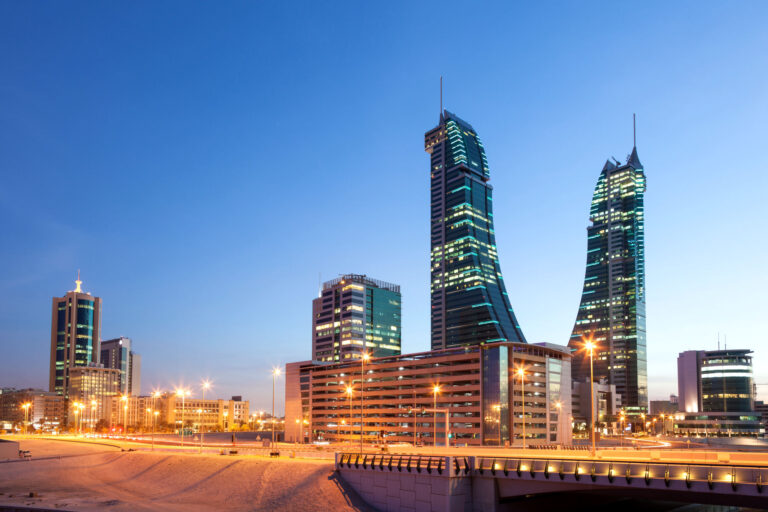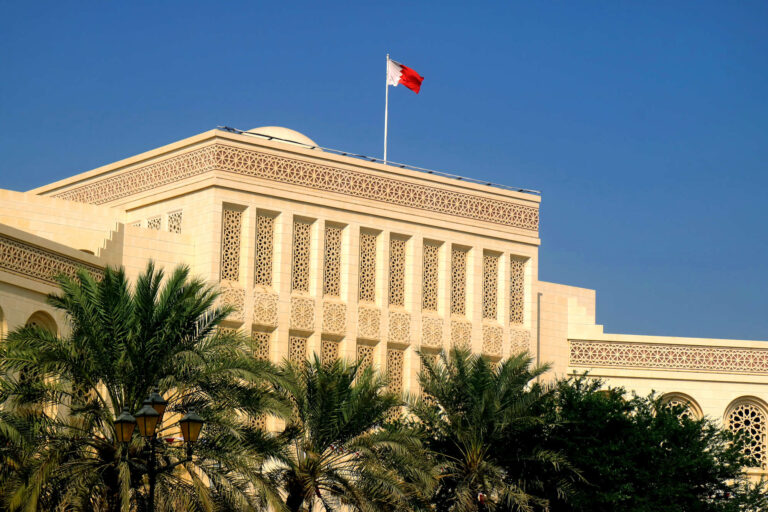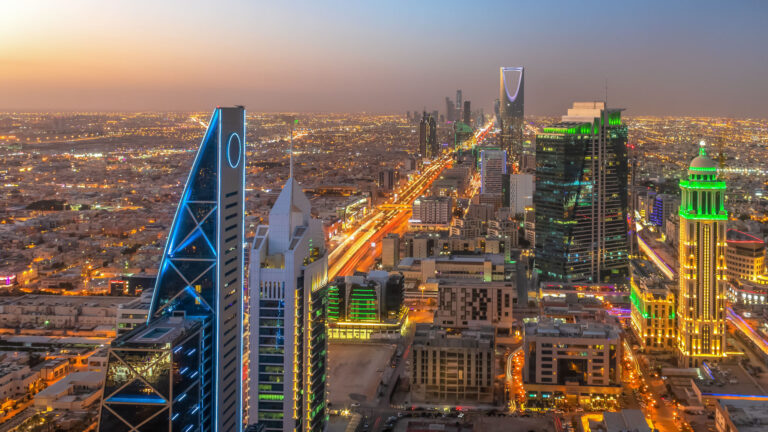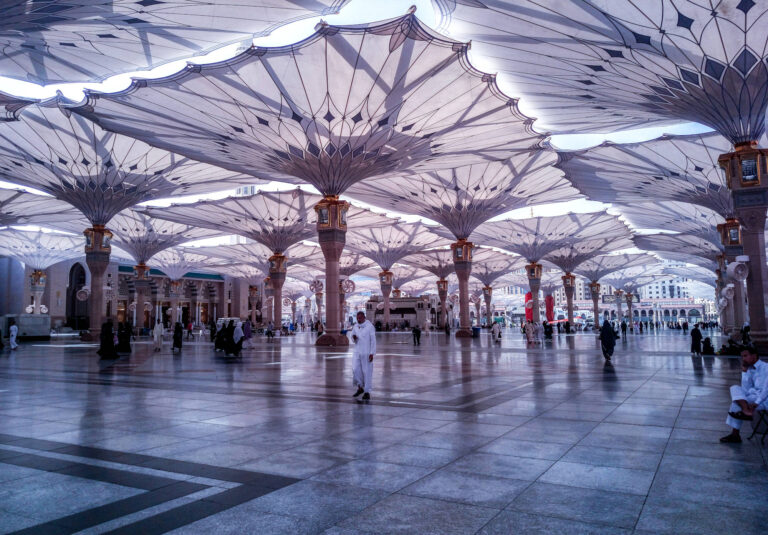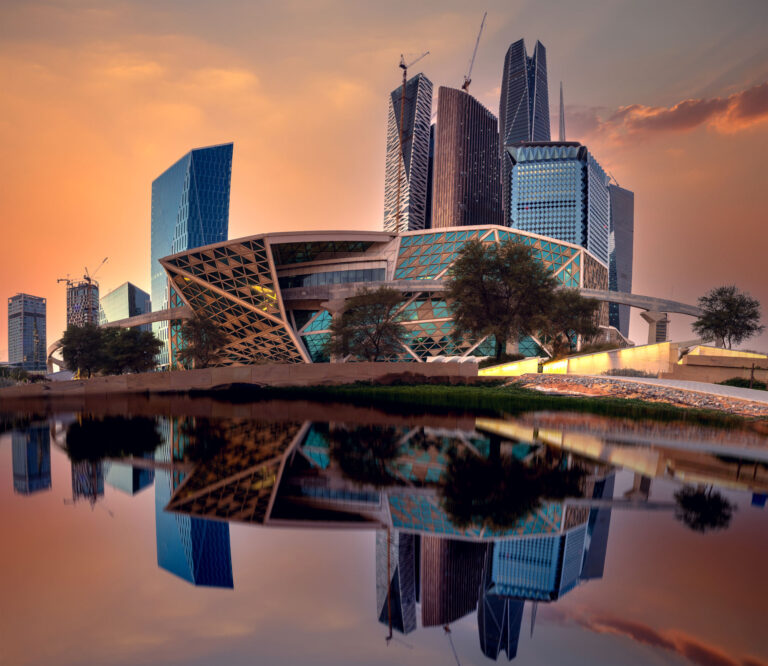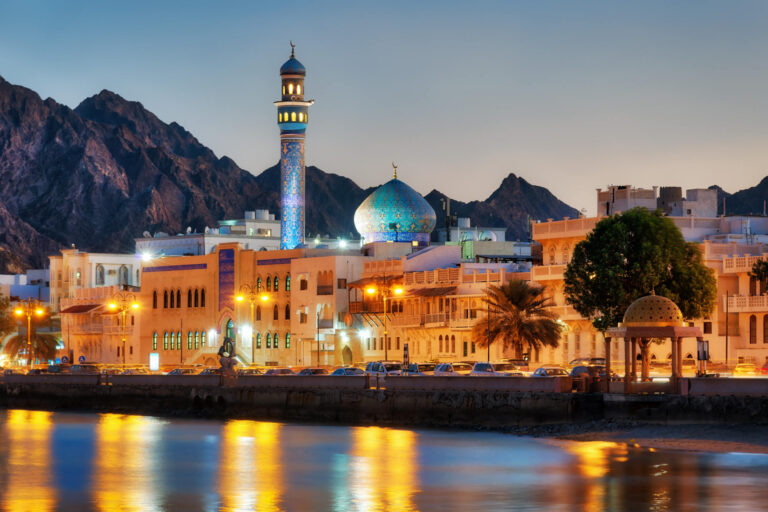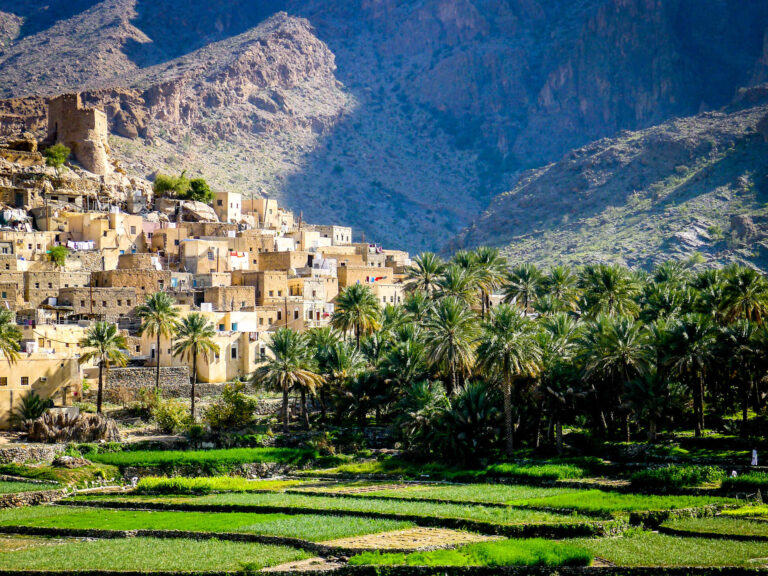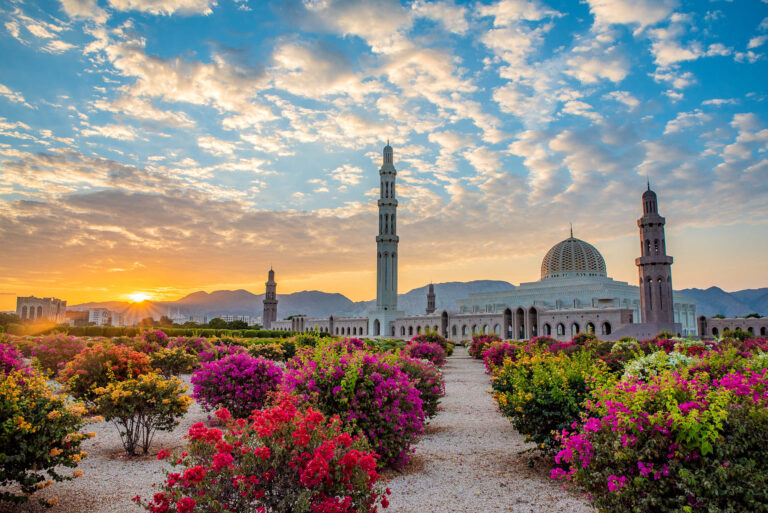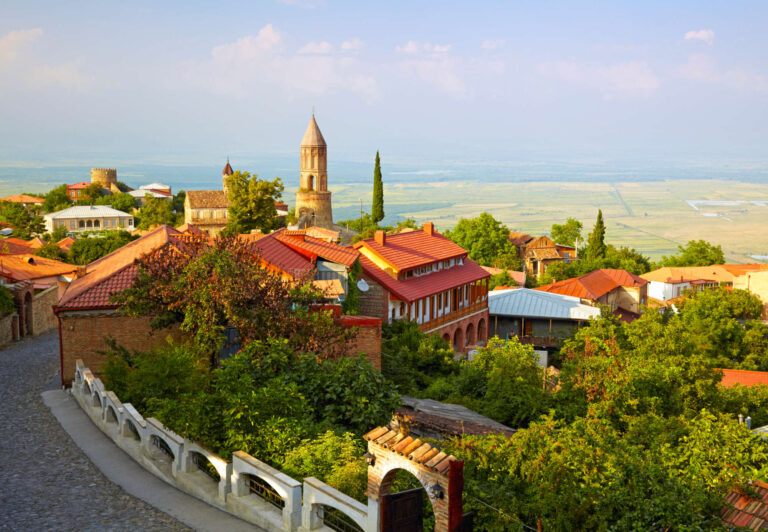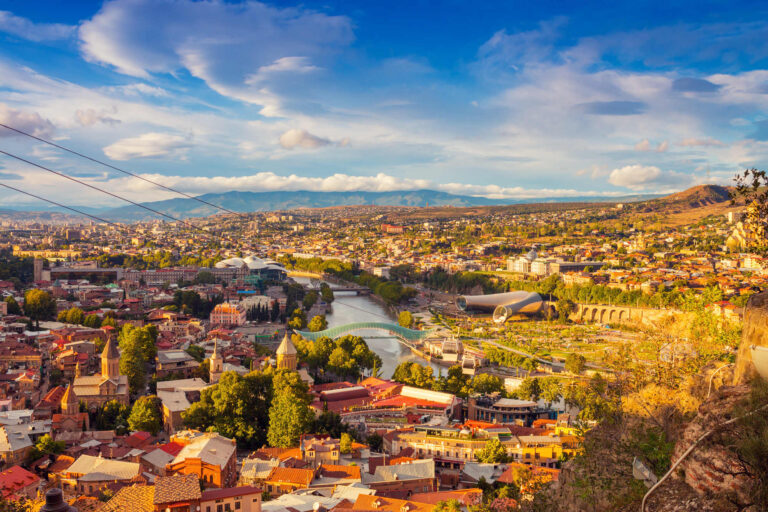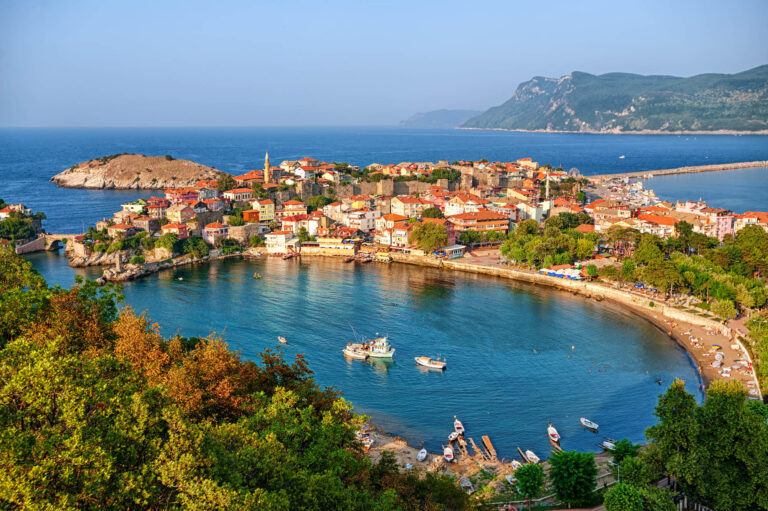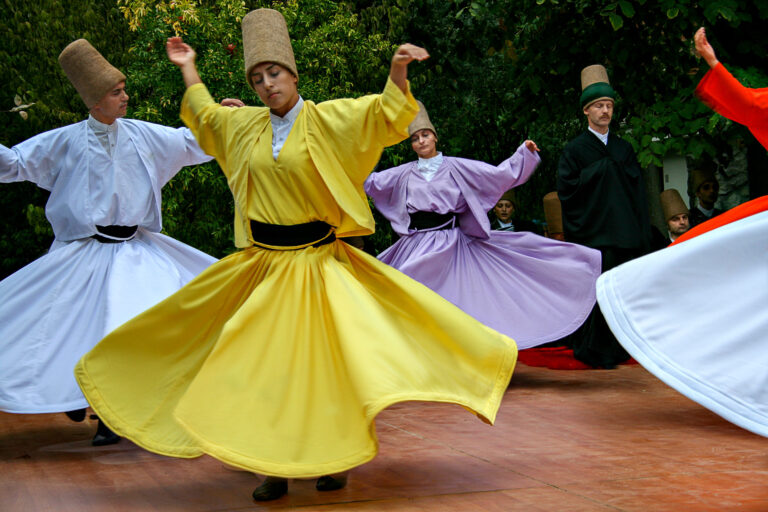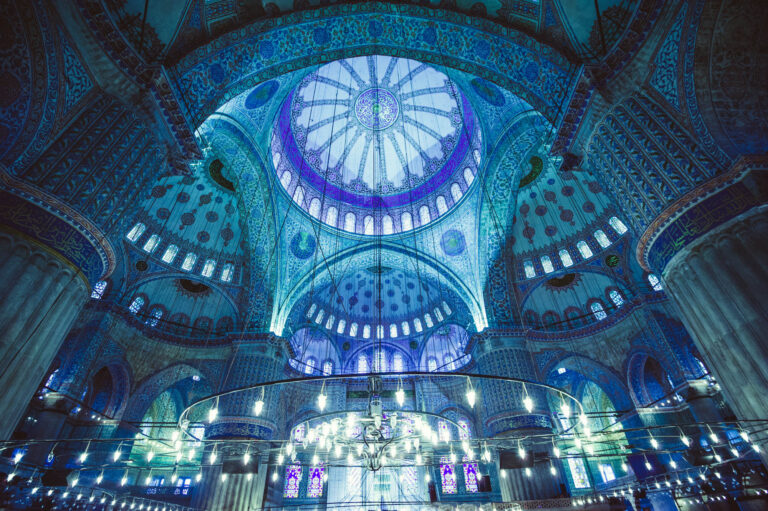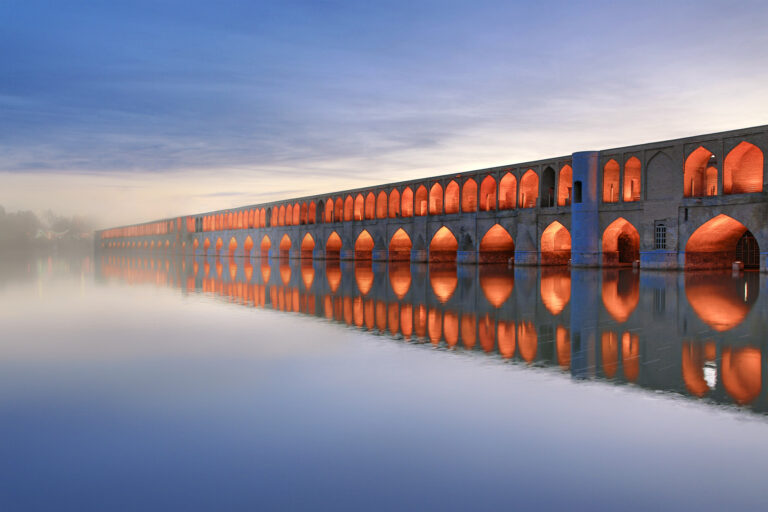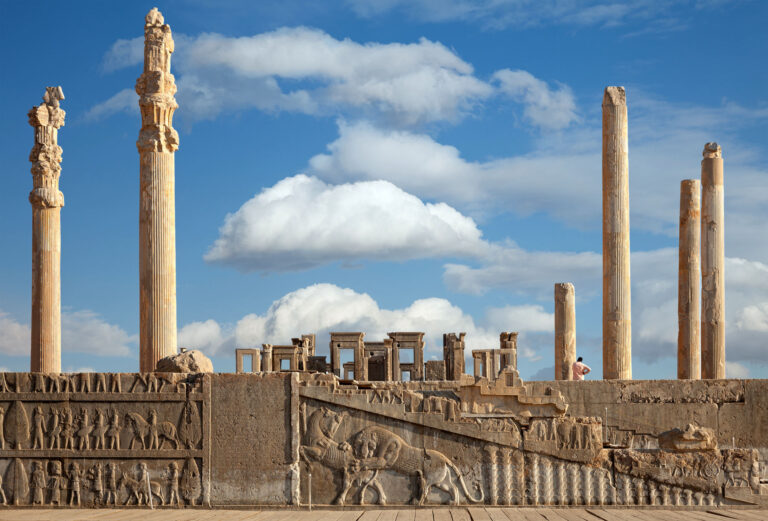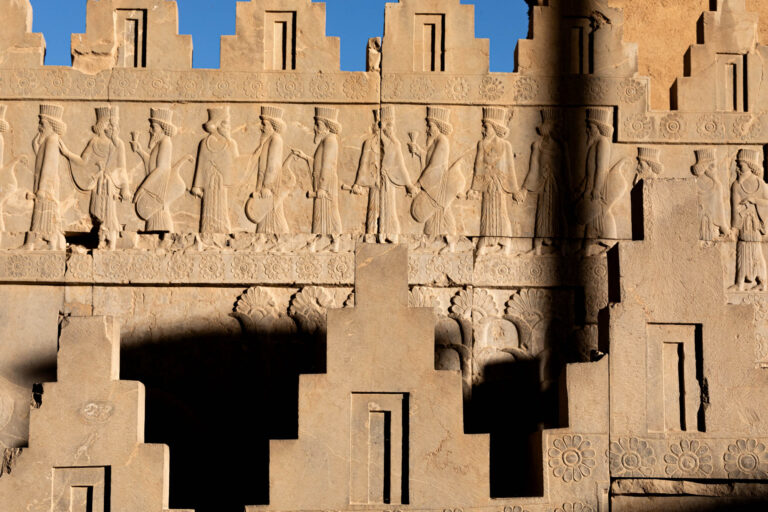
- COUNTRY
- MAIN CITIES
- prev
- next
THE COUNTRY
As a result of its location at the crossroads of three continents, the area that is modern-day Lebanon is rich in cultural and religious diversity.
This region was subject to various foreign conquests for much of its history, including by the Romans, Arabs, and Ottomans. Following World War I, France acquired a mandate over the northern portion of the former Ottoman Empire province of Syria. From it the French demarcated the region of Lebanon in 1920, and it gained independence in 1943.
Since then, Lebanon has experienced periods of political turmoil interspersed with prosperity built on its historical position as a regional center for finance and trade, although that status has significantly diminished since the beginning of Lebanon’s economic crisis in 2019.
- Baalbek;
- Beirut (includes National Museum and Corniche);
- Cedars of God Nature Preserve;
- Byblos;
- Beiteddine Palace;
- Kadisha Valley;
- Tyre
- Private Jets, Helicopters and Airliners
- Finest Onboard Catering
- Ground Transport and Yachts
- Luxury Villa & House Rentals
- Local Guide & 24/7 Assistance
- Customized Global Services
TO BE KNOWN
-
The State's CapitalBeirut
-
Time ZoneUTC +2
-
Telephone Code961
-
Total Area10 400 Km2
-
Population5 331 203 (2023 est.)
-
Main LanguagesArabic, French, English, Armenian
-
CurrencyLebanese pounds (LBP)
-
GDP Per CapitaUSD 13000
-
Airports8
-
Heliports1
TRAVEL INFORMATION
Mediterranean; mild to cool, wet winters with hot, dry summers; the Lebanon Mountains experience heavy winter snows
Arab 95%, Armenian 4%, other 1%
When invited to a home bring a gift for the host; it is considered polite to additionally bring chocolates for the children of the house.
Tabbouleh — a salad made with tomatoes, parsley, bulgur, and onions mixed in a sauce of lemon juice, olive oil, and salt; often served with Kibbeh (ground lamb, bulgur, and seasonings baked, fried, stuffed, or served raw)
Upper middle-income Middle Eastern economy; economic activity hurt by economic depression, COVID-19, and port explosion; hyperinflation and sharp poverty increases; banks have ceased lending; new financing facility helping with recovery
Promotional Video
Location
-
Lebanon


